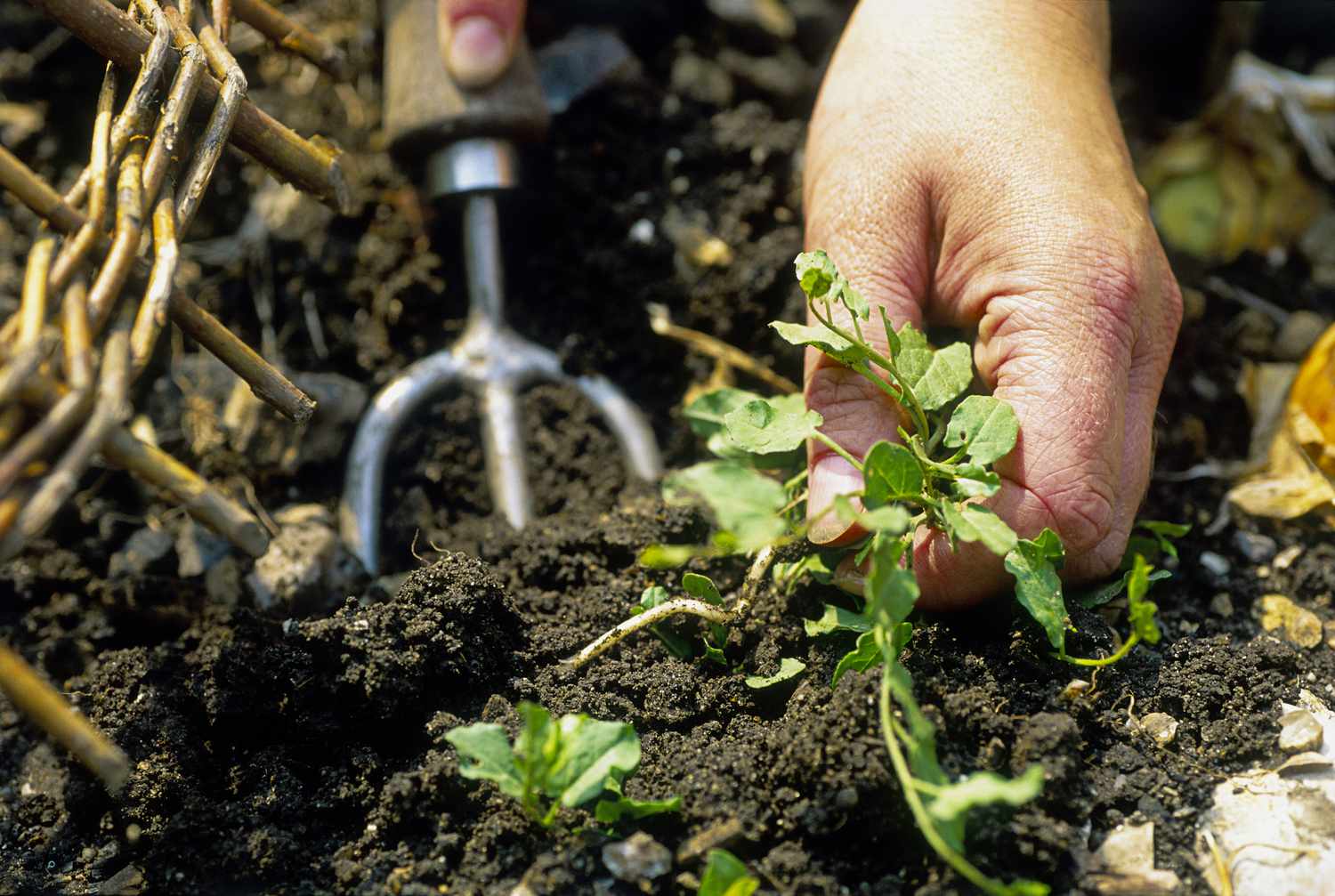High School Education
Before embarking on a career as a soil scientist, it is essential to lay a strong educational foundation during your high school years. While specific requirements may vary between academic institutions and regions, there are some core subjects that will provide a solid base for your future studies in soil science.
One crucial subject to focus on during high school is science, particularly biology and chemistry. These subjects will introduce you to fundamental principles that are relevant to the field of soil science, such as the biological processes that occur within soil and the chemical composition of soil components. Understanding these concepts will prove invaluable as you delve deeper into the study of soils.
Mathematics is another subject that you should prioritize during high school. Soil scientists frequently use mathematical models and statistical analysis to interpret data and make informed decisions. Proficiency in algebra, geometry, and calculus will give you a significant advantage when it comes to tackling the quantitative aspects of soil science.
Additionally, it is highly recommended to take courses in environmental science or geography. These classes will provide you with a broader understanding of ecosystems, environmental processes, and geographic factors that influence soil formation and composition. They will also familiarize you with concepts concerning land use and management, which are pivotal in the field of soil science.
Moreover, do not neglect language arts courses, as effective communication skills are crucial for any scientific professional. Being able to write reports, read scientific literature, and present your findings are essential skills that will serve you well throughout your career as a soil scientist. Take advantage of any opportunities to improve your writing, reading, and public speaking abilities.
Lastly, extracurricular activities that align with soil science, such as participating in science fairs, joining environmental clubs, or volunteering at local environmental organizations, can provide valuable practical experience and demonstrate your commitment to the field.
While the requirements for high school education may differ depending on your location and institution, focusing on these core subjects and actively engaging with related extracurricular activities will help lay a solid foundation for your future studies in soil science.
Undergraduate Degree
An undergraduate degree is the next step in becoming a qualified soil scientist. It provides a comprehensive education in the field and equips you with the necessary knowledge and skills to analyze and understand the intricacies of soil properties, composition, and management.
When pursuing an undergraduate degree in soil science, you will typically be required to take a range of core courses that provide a solid grounding in the subject. These may include soil physics, soil chemistry, soil biology, soil fertility, and soil classification. These courses delve into the fundamental principles and processes that govern the behavior and characteristics of soil.
Additionally, you will also have the opportunity to explore specialized areas within soil science. These may include courses on soil conservation and management, land reclamation, soil erosion control, and soil remediation. These specialized courses allow you to dive deeper into specific aspects of soil science that align with your interests and career goals.
Practical training and hands-on experience are integral components of an undergraduate soil science program. Fieldwork and laboratory exercises provide opportunities to gain practical skills in soil sampling, analysis techniques, and data interpretation. These experiences help bridge the gap between theory and real-world application, preparing you for the challenges you may encounter as a soil scientist.
In addition to the core and specialized courses, most undergraduate programs also include coursework in related areas such as biology, chemistry, geology, environmental science, and agronomy. These interdisciplinary courses provide a broader perspective and enable you to understand the interconnectedness between soil science and other scientific fields.
Furthermore, some universities offer the option to pursue a concentration or minor in a specific area related to soil science, such as soil and water conservation, environmental science, or agricultural systems. These concentrations allow you to tailor your studies and develop expertise in a subfield that aligns with your interests and career aspirations.
During your undergraduate studies, it is crucial to take advantage of research opportunities, internships, and cooperative education programs. These practical experiences provide valuable hands-on training, expose you to real-world challenges, and enhance your problem-solving and critical thinking skills.
Graduate Degree
For those looking to further deepen their knowledge and expertise in soil science, pursuing a graduate degree is a crucial step. A graduate degree, such as a Master’s or a Ph.D., provides advanced training in specialized areas of soil science and opens up opportunities for research, teaching, and leadership roles in the field.
At the graduate level, you have the opportunity to choose a specific research focus that aligns with your interests and career goals. This may involve studying topics such as soil microbiology, soil ecology, soil fertility, soil chemistry, or soil physics. Through intensive research work, you will contribute to the body of knowledge in your chosen area and develop advanced analytical and problem-solving skills.
Graduate programs in soil science often require coursework in advanced topics such as soil biogeochemistry, soil hydrology, advanced soil physics, and soil modeling. These courses provide a deep understanding of the complex processes and interactions that occur within soil ecosystems.
One of the key components of a graduate degree in soil science is the research project. You will work closely with a faculty advisor to design, conduct, and analyze independent research. This research will typically culminate in a thesis or dissertation that contributes new insights to the field of soil science. The research experience gained during a graduate degree is invaluable, as it equips you with the skills necessary to conduct independent research and make meaningful contributions to the scientific community.
Furthermore, many graduate programs encourage students to present their research findings at conferences and publish their work in scientific journals. Engaging in these activities helps to foster professional connections, gain recognition in the field, and refine your scientific communication skills.
Aside from the research component, graduate programs may also offer opportunities for teaching assistantships, where you can assist in undergraduate-level soil science courses. This allows you to develop valuable teaching and mentoring skills, enhancing your future career prospects in academia or extension services.
Depending on your career goals, pursuing a Ph.D. in soil science may be desired. A Ph.D. program allows for further specialization and depth in research, preparing you for advanced roles in research institutions, academia, or government agencies. Additionally, it opens up opportunities for leadership positions and the ability to shape the future of soil science through policy development and innovation.
A graduate degree offers the opportunity to immerse yourself in the world of soil science, conducting impactful research, and developing advanced skills that will set you apart in the field.


